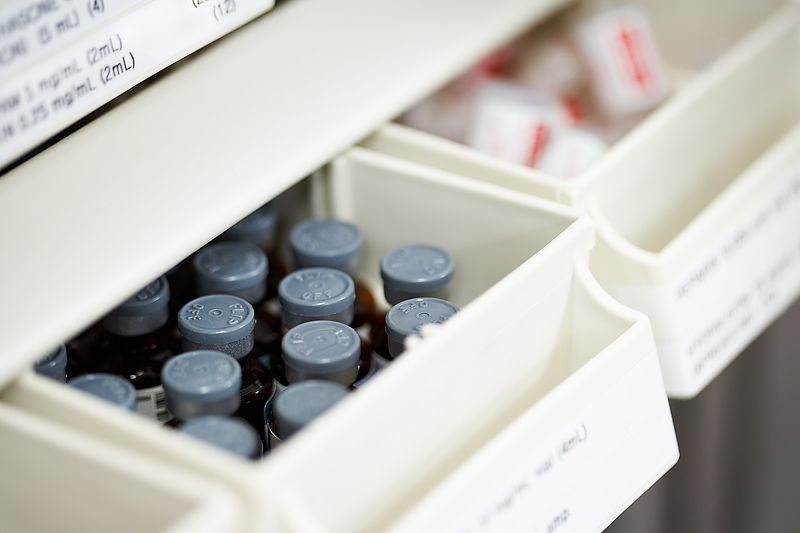FRIDAY, July 22, 2016 (HealthDay News) — Sewer line breaks can release antibiotic-resistant bacteria that pose a public health threat, a new study says.
Consider the 2014 sewer line break in St. Petersburg, Fla., that released 500,000 gallons of untreated wastewater into neighborhoods and Boca Ciega Bay.
University of South Florida researchers who did follow-up testing of soil and water said they detected genes from vancomycin-resistant bacteria for nearly two weeks after the sewer line break. One of those genes is capable of transferring vancomycin resistance to other strains of bacteria.
Vancomycin, considered an antibiotic of last resort, is used to treat serious infections that don’t respond to other antibiotics, the researchers noted.
“While we have known that raw sewage contains many disease-causing bacteria, this experience tells us that sewage and fecal pollution also carry vancomycin-resistant bacteria,” said study co-author Valerie Harwood, a professor in the department of integrative biology.
“Most [vancomycin-resistant bacteria] are confined to hospitals, but detecting them in waters of the Tampa Bay community is quite concerning. People need to be aware of what may be entering the water after heavy rains, accidental spills, or after intentional sewage releases,” she added in a university news release.
The study highlights the need to reduce antibiotic use, said study lead author Suzanne Young, a Ph.D. student.
“The more antibiotics we use — in both humans and animals — the more the antibiotic resistant organisms and antibiotic resistance genes can enter the environment and contribute to the spread of antibiotic resistance, especially for those drugs considered the ‘last resort’ for many infections,” Young explained.
“Also, we need to invest in more sustainable infrastructure for managing storm water and wastewater to decrease the frequency of sewage spills,” she added.
The study findings were published recently in the journal Applied and Environmental Microbiology.
More information
The U.S. Centers for Disease Control and Prevention has more on antibiotic resistance.
Copyright © 2026 HealthDay. All rights reserved.

